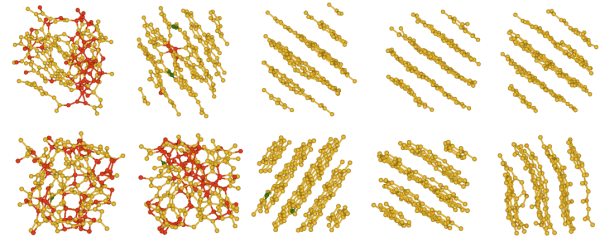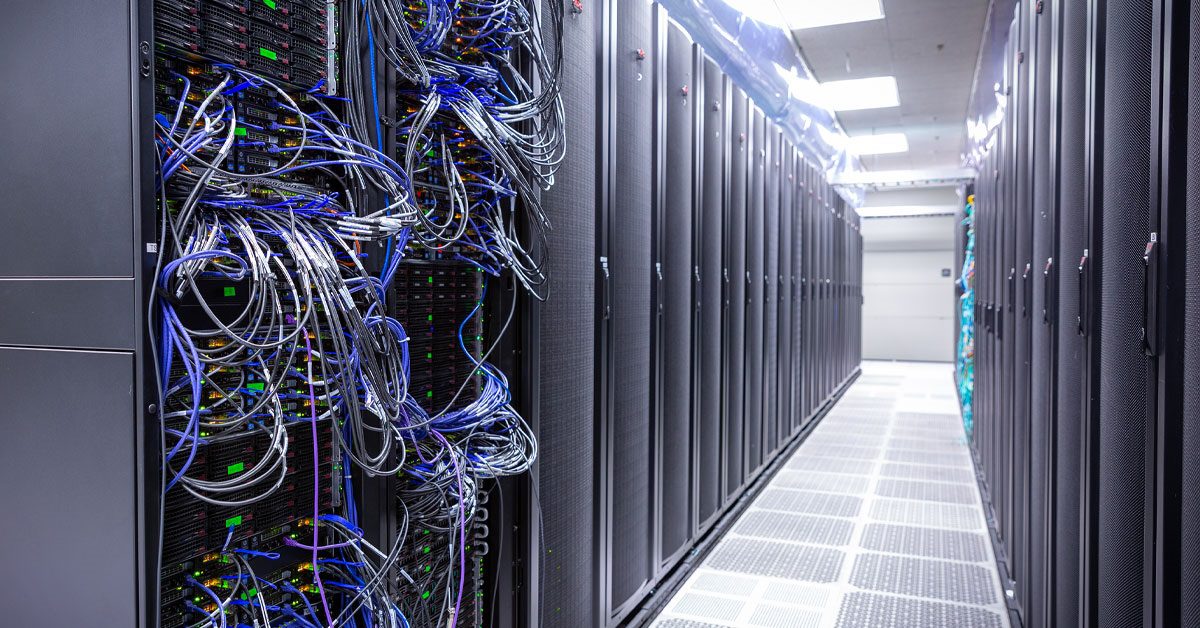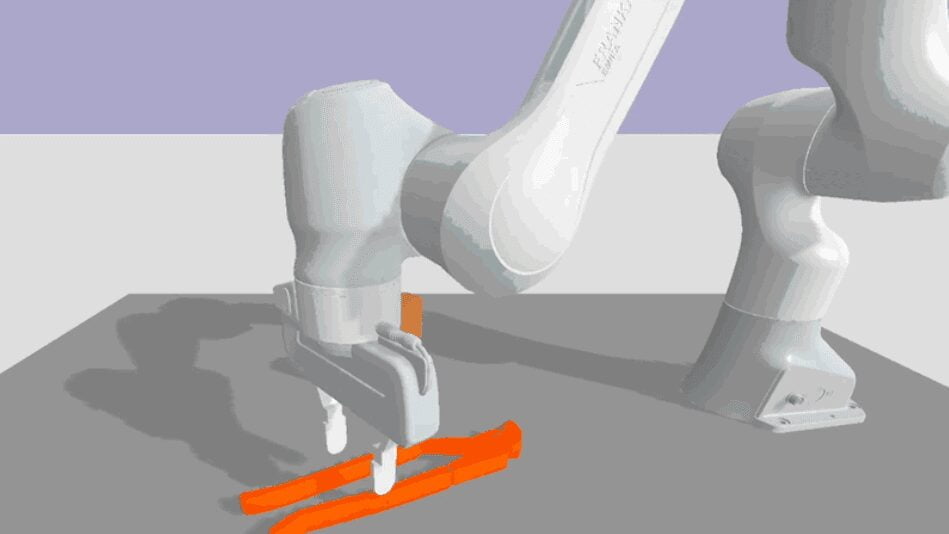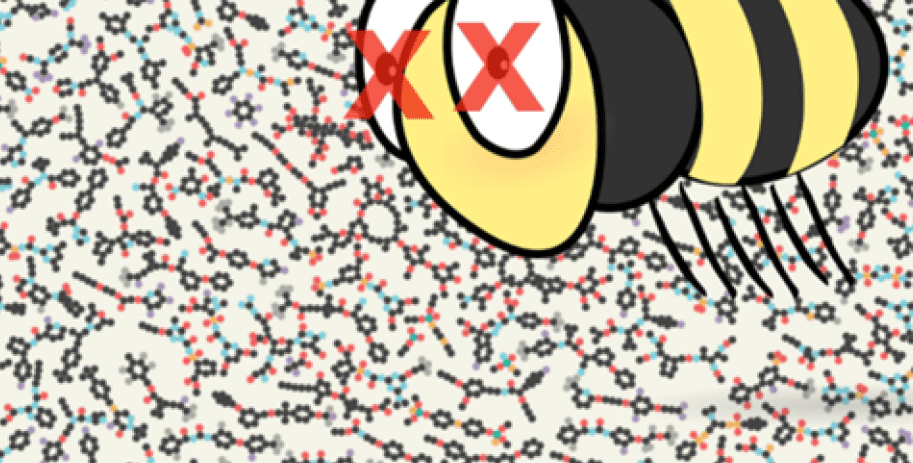
Over the last 30 years, coal-fired electricity generation in the U.S. more than halved as a share of all generation, falling to a nearly half-century low. But is there a role for coal in a post-fossil fuel world? Researchers from Ohio University leveraged supercomputing at the Pittsburgh Supercomputing Center (PSC) to study how coal can […]

A research team led by Joseph Gleeson, MD, Rady Professor of Neuroscience at UC San Diego School of Medicine and director of neuroscience research at the Rady Children’s Institute for Genomic Medicine, has been using the Triton Shared Computing Cluster (TSCC) at San Diego Supercomputer Center (SDSC) at UC San Diego for data processing and […]

Exploring a new way to teach robots, Princeton researchers have found that human-language descriptions of tools can accelerate the learning of a simulated robotic arm lifting and using a variety of tools. The results build on evidence that providing richer information during artificial intelligence (AI) training can make autonomous robots more adaptive to new situations, […]

An international team of scientists collaborating within the Würzburg-Dresden Cluster of Excellence ct.qmat has achieved a breakthrough in quantum research – the first detection of excitons (electrically neutral quasiparticles) in a topological insulator. This discovery paves the way for a new generation of light-driven computer chips and quantum technologies. It was enabled thanks to smart […]

Researchers at Oregon State University have harnessed the power of artificial intelligence to help protect bees from pesticides. Source: NSF The post Researchers Help Predict If Pesticides Harmful to Bees with AI appeared first on HPCwire.

Today’s devices can be thrown off by the slightest environmental interference. Algorithmiq is developing ways to counteract this and harness quantum’s power. Source: Quantum Computing Has a Noise Problem | WIRED

Monitoring and measuring forest ecosystems are complex challenges because software, collection systems and computing environments require increasing amounts of energy. Now, the University of Maine’s Wireless Sensor Networks laboratory, or WiSe-Net, has developed a novel method of using artificial intelligence and machine learning to monitor soil moisture with less energy and cost. The method could […]

If you look at the Milky Way from “above,” it almost looks like a cat’s eye: a circle of spiral arms with an oval “iris” in the middle. That iris — a starry bar that connects the spiral arms — has two strange bulges: one peanut-shaped and one disc-shaped, neither conforming to the otherwise pleasingly […]

An international research team at the Incheon National University in South Korea has created an Internet-of-Things (IoT) enabled, real-time object detection system that can detect objects with 96% accuracy. The post Researchers develop AV object detection system with 96% accuracy appeared first on The Robot Report.

Scientists at the U.S. Department of Energy’s (DOE) Argonne National Laboratory have recently demonstrated an automated process for identifying and exploring promising new materials by combining machine learning (ML) — a type of artificial intelligence — and high performance computing. The new approach could help accelerate the discovery and design of useful materials. Source: Savannah […]










